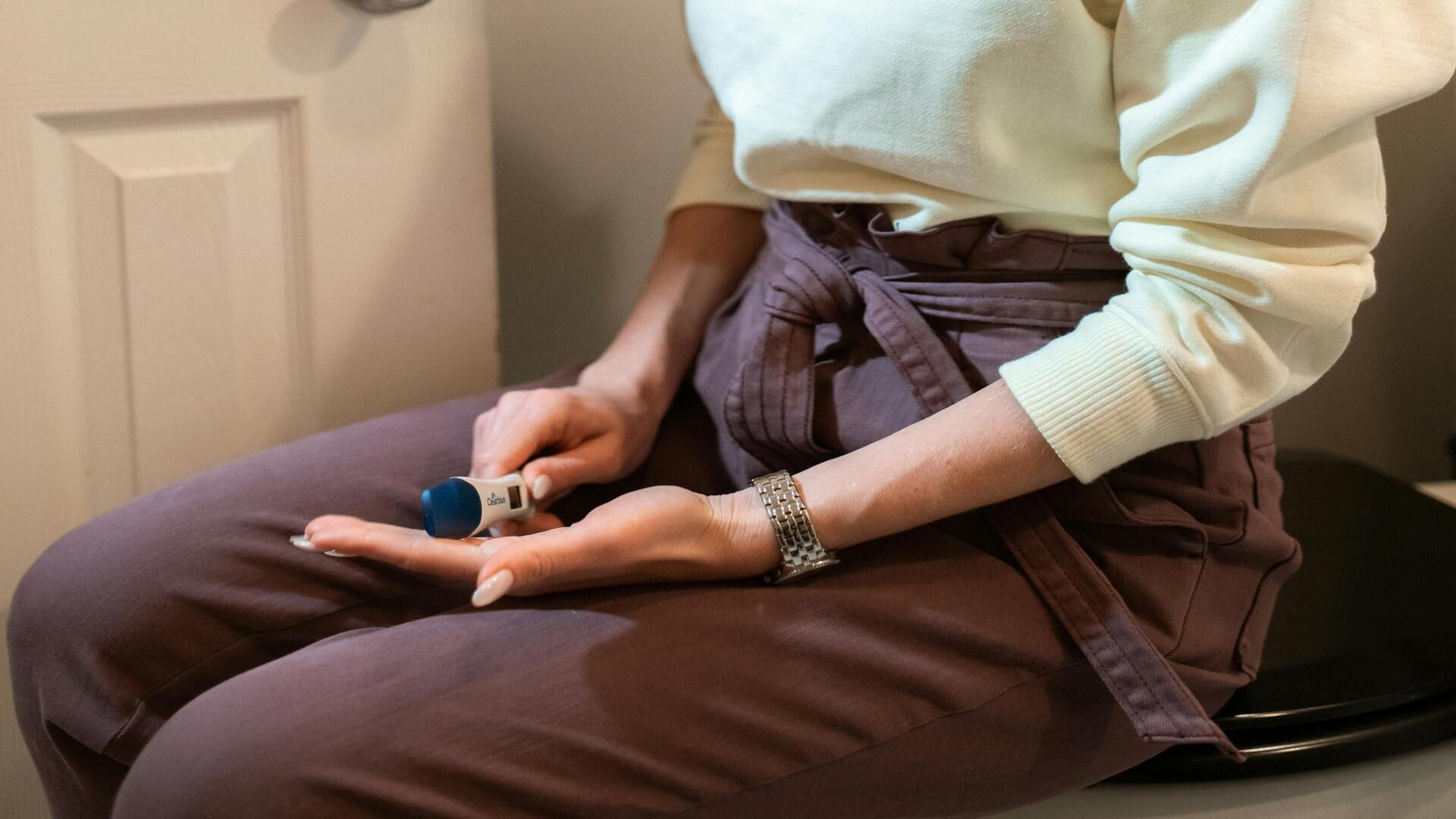How Long Does It Take to Get Pregnant

Sarah Johnson, MD

Once a couple begins their reproductive journey, they anticipate and desire a speedy pregnancy. Over 50% of women anticipate becoming pregnant in less than six months, with younger women typically anticipating a quicker process. Nonetheless, 30–44% of the 1,400+ women in the research who had planned their most recent pregnancy discovered that it took longer than anticipated.
Mistiming of sexual activity is a typical problem that can be easily corrected. Because they are unsure of when they are most fertile, up to half of all couples may be attempting to conceive during the incorrect season.
better with Soula

Support for every woman:
✅ A Personalized Plan to reduce anxiety and overthinking
✅ 24/7 Emotional Support whenever you need it Cycle-Aligned Mental Health Tracking — monitor your mood and symptoms in sync with your period
✅ Real-Time Insights into your energy levels and emotional state
✅ Bite-Sized Exercises to help you return to a calm, balanced state — anytime, anywhere
As the above graph illustrates, you still have a chance of becoming pregnant in the days preceding ovulation, but your chances of being pregnant are higher if you schedule your sexual activity for the day of ovulation or the day before (when you detect the LH surge).
It is advised that you get medical advice if you have been trying to become pregnant for more than a year.
What can I do to get pregnant faster?
If you schedule your sexual activity for the days leading up to or on the day of ovulation, when your body releases an egg, you can raise your chances of getting pregnant. You can also explore simple, practical steps for getting pregnant faster to support your efforts.
The surge of luteinizing hormone (LH), which peaks 24–36 hours before ovulation, is detected by ovulation tests. As soon as you begin attempting to conceive, you should use an ovulation test to better understand your menstrual cycle and promptly detect any anomalies in cycle duration. An ovulation test might offer you confidence that you are optimizing your chances of becoming pregnant, even though it might not be able to totally relieve your worries. If you’re still learning how your cycle behaves, a guide on calculating your fertile window may also be helpful.
We would recommend that you visit your doctor if, after three monthly cycles, you have not experienced peak fertility or discovered ovulation. Some people also like to stay aware of early signs of pregnancy while they’re trying to conceive.
Can age affect my ability to get pregnant?
Try to wait just six months before seeking help if you are over 35. Furthermore, it's best to consult your doctor as soon as you decide to try for a child if you're 40 years of age or older. Managing the emotional load of TTC also matters, and some find support in tools for AI-based stress management.
The advice above is age-specific because age plays a significant role in the probability of becoming pregnant. Since a woman has less eggs and the quality of the ones she does have is probably going to be lower than when she was younger, her natural fertility will already be beginning to diminish in her late 20s.
Egg depletion reaches a critical point after 35 years of age, and the likelihood of becoming pregnant drops significantly after 40 years of age. This holds true for aided as well as natural conception.
The Human Fertilization and Embryology Authority states that after three years of trying, approximately 95% of women aged 35 who regularly engage in unprotected sexual activity will become pregnant, compared to only 75% of women aged 38. If the journey feels overwhelming, emotional support from Mental Health AI can make the process easier to navigate.














